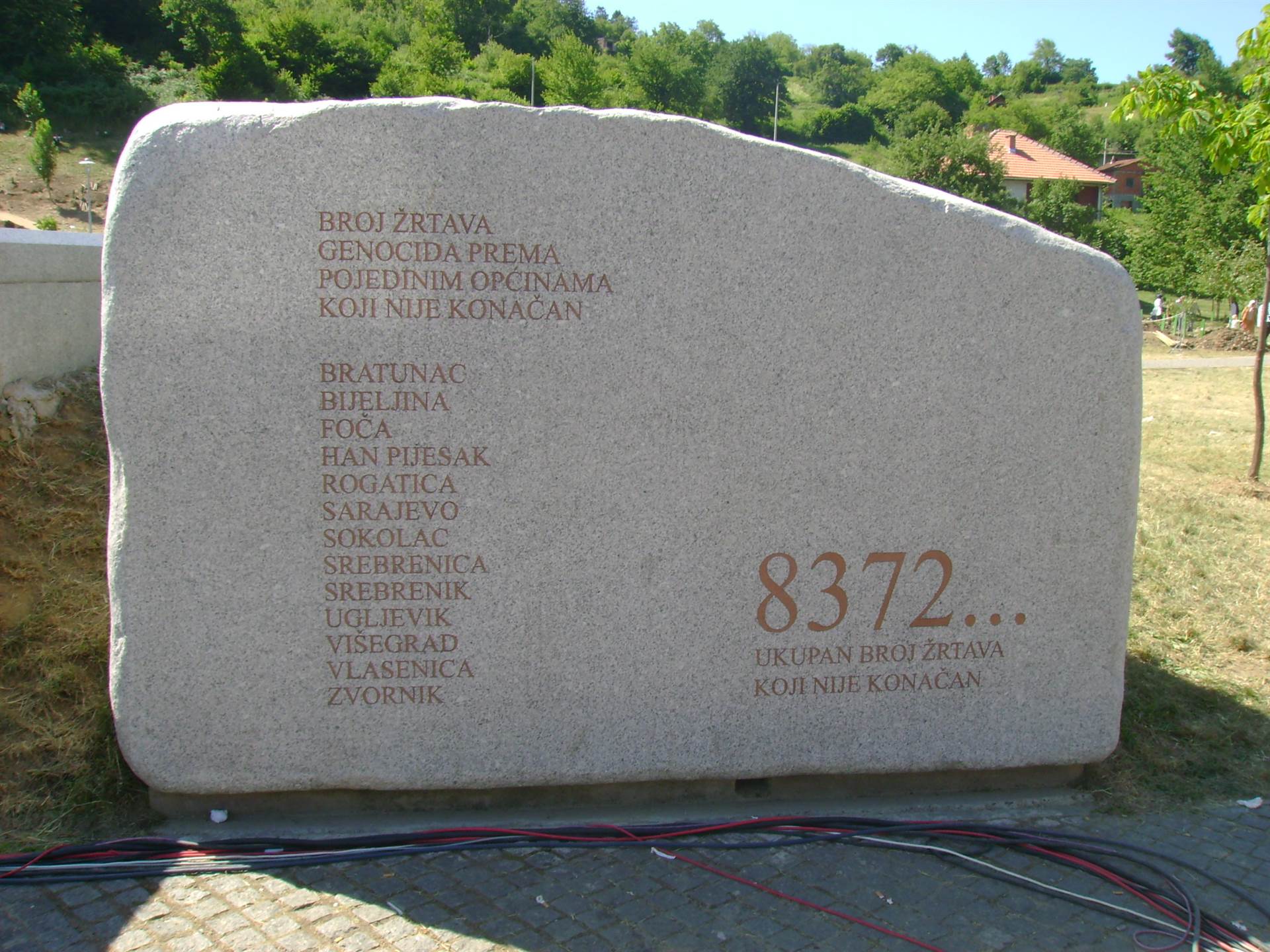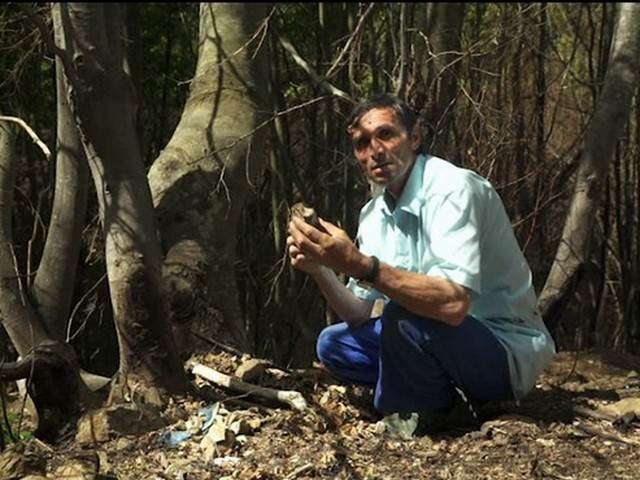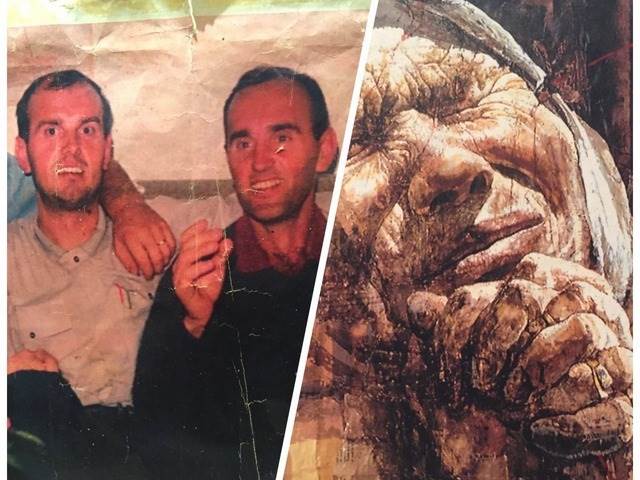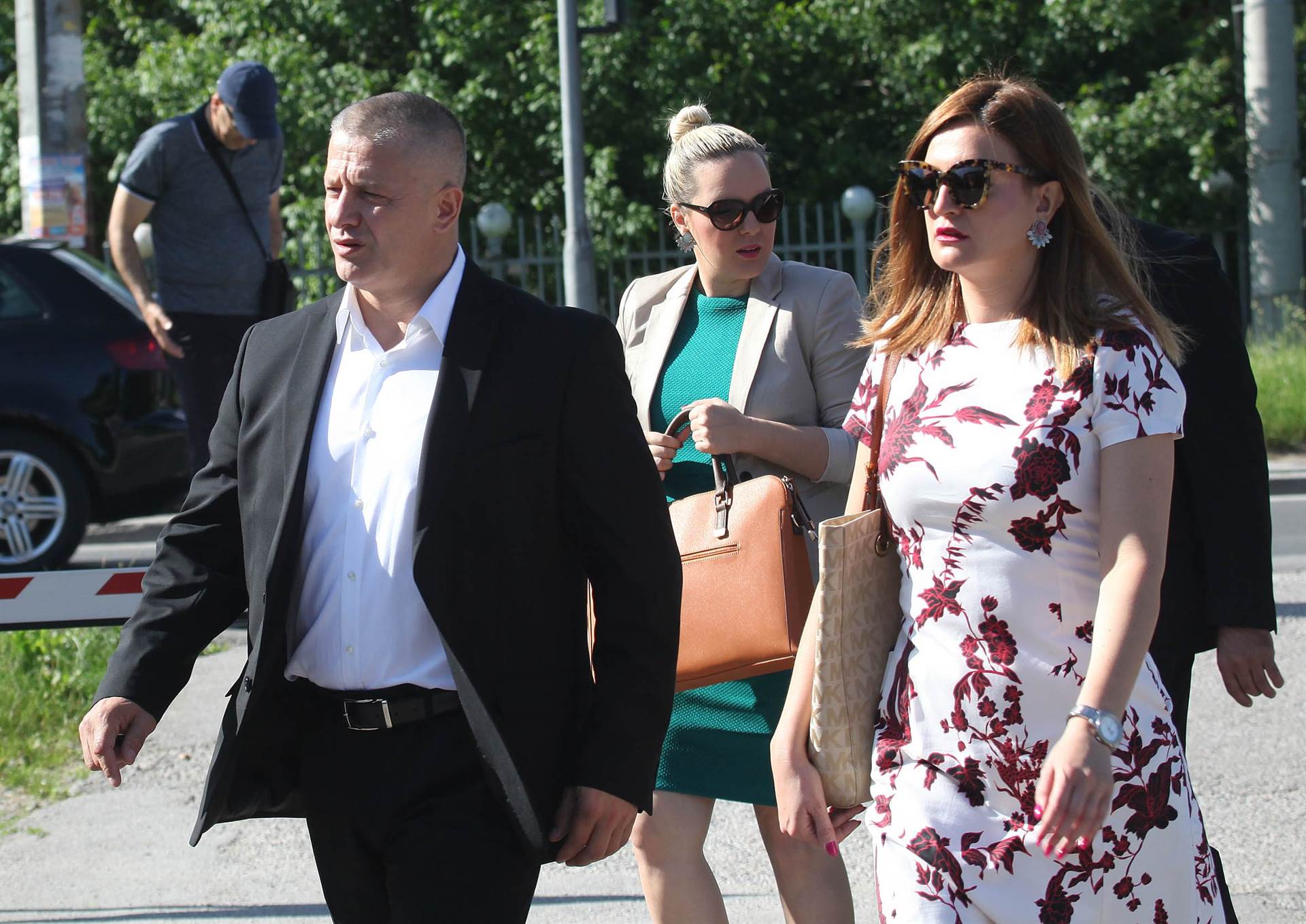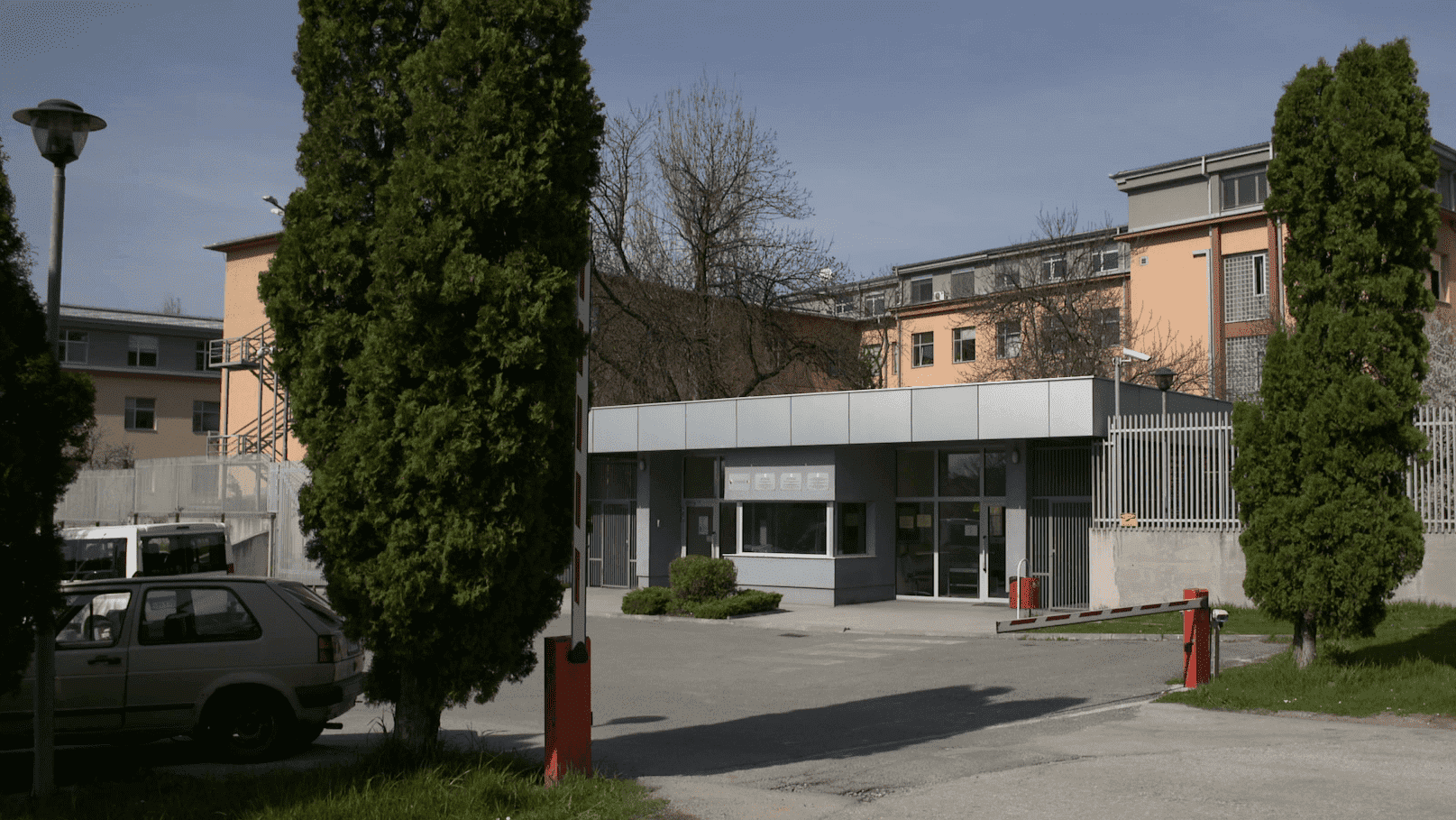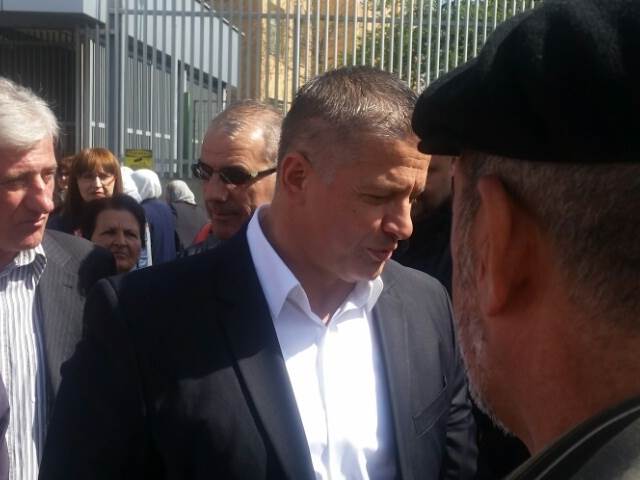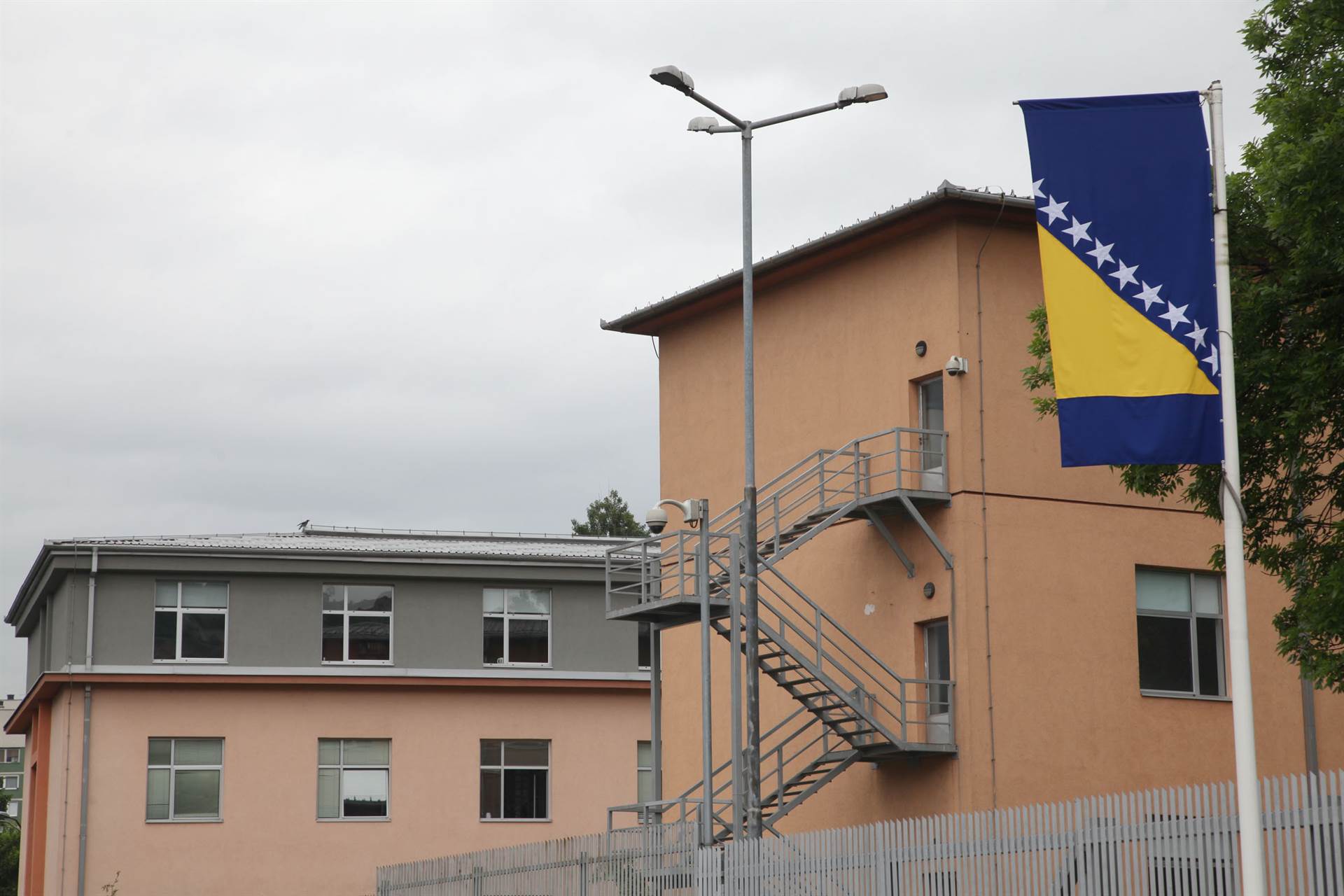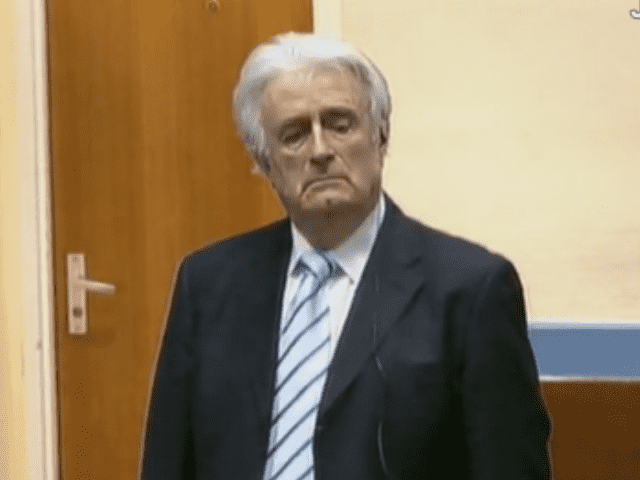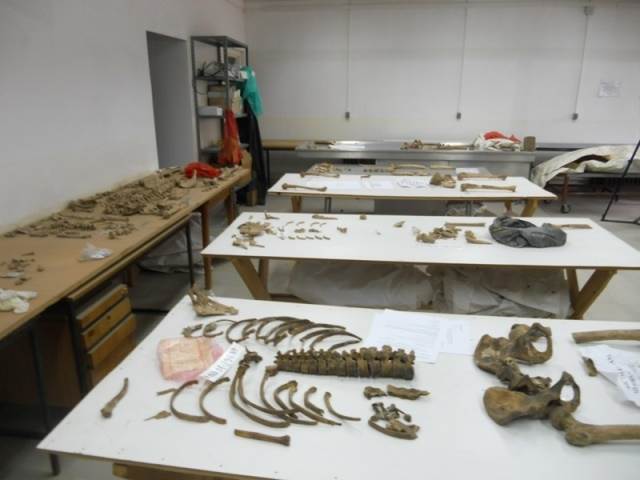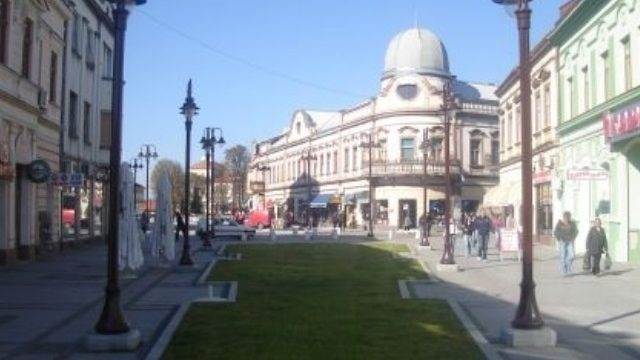The Bosnian state court and the Hague Tribunal have sentenced 38 people to a total of 637 years in prison - plus three life sentences - for the atrocities committed...
Walking the forest paths each day in the Bratunac area, where thousands of Srebrenica victims were killed in July 1995, Ramiz Nukic has found the bones of more than 200...
Ahead of the 21st anniversary of the Srebrenica massacres, a woman whose two sons were killed by Bosnian Serb forces in July 1995 remembers the day she saw them for...
The trial of Bosniak wartime commander Naser Oric for crimes against Serb prisoners of war in the areas of Srebrenica and Bratunac was stopped because of the unacceptable behaviour of...
A witness at the trial of Mirko Vrucinic says Serbs separated group of Bosniaks on the bridge and took them away, never to be seen again Testifying at the trial...
A prosecution witness said she was told that her husband, one of former Bosnian Army commander Naser Oric’s alleged victims, was shot through the mouth in a trench.
In order to prevent potential unrest, the trial of a Serb victims’ association leader for inciting hatred by describing the Srebrenica genocide as “God’s justice” will be held behind closed...
The UN war crimes court in The Hague rejected a request from the defence of former Bosnian Serb President Radovan Karadzic to grant him temporary release.
Bosnia’s Institute for Missing Persons says it has intensified searches, exhumations and identifications of war victims from the Srebrenica, Zvornik and Mostar areas.
An ex-policeman told the trial of Djordje Ristanic, former head of the wartime presidency of the Brcko municipality, that he heard two men from the town being beaten at a...

